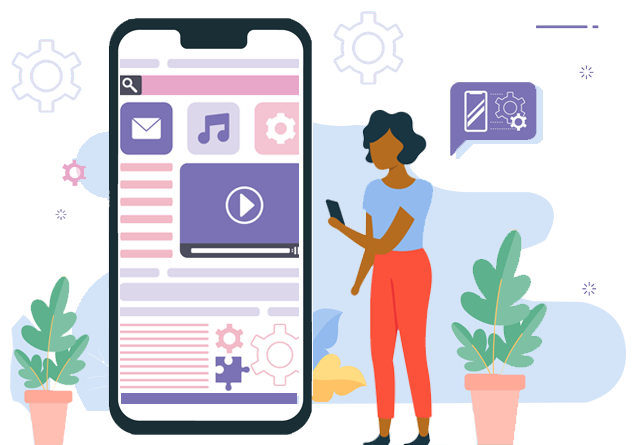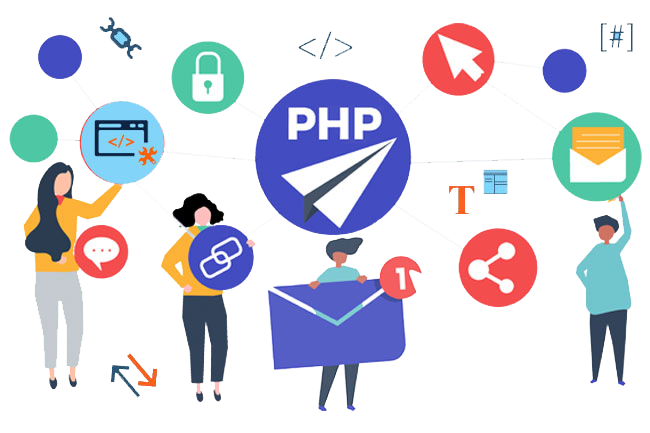What is iOS app development?
By the way, if your association's employees, clients, or accomplices are among a huge number of Apple iPhone and iPad clients throughout the planet, you have clear motivations to participate in iOS application development. Furthermore, notwithstanding conceivably high hindrances to section, developing an iOS application can be just about as simple as (now and again simpler than) creating for Android and with legitimate arranging and the correct assets, you can join the positions of iOS application developers.
Meet the developer requirements
- An Apple Mac computer running the most recent adaptation of macOS.
- A functioning Apple Developer account, which requires yearly charge.
Xcode runs just on macOS, and macOS runs just on Apple computers, and fortunately, Xcode offers significantly more than simply the capacity to sign and distribute your finished application and the IDE contains a UI designer, code editor, testing engine, asset catalog, and more—practically all you require for iOS application development.
Select an iOS programing language
Objective-C:
Developed in the early-1980s, Objective-C was the essential programming language for all Apple products for quite a long time and gotten from the C language, Objective-C is an article situated programming language fixated on passing messages to various cycles (instead of summoning an interaction in customary C programming). Many developers decide to keep up their inheritance applications written in Objective-C as opposed to coordinating them into the Swift framework, which was presented in 2014.
Swift:
The Swift programming language is the new official language of iOS and while it has many likenesses to Objective-C, Swift is intended to utilize a more straightforward grammar and is more centered around security than its archetype and since it imparts a run time to Objective-C, you can undoubtedly consolidate heritage code into refreshed applications. Swift is not difficult to learn, in any event, for people simply starting to program. Since Swift is quicker, safer, and simpler to use than Objective-C, you should plan to utilize it to develop your iOS application except if you have a convincing motivation to stay with Objective-C.


